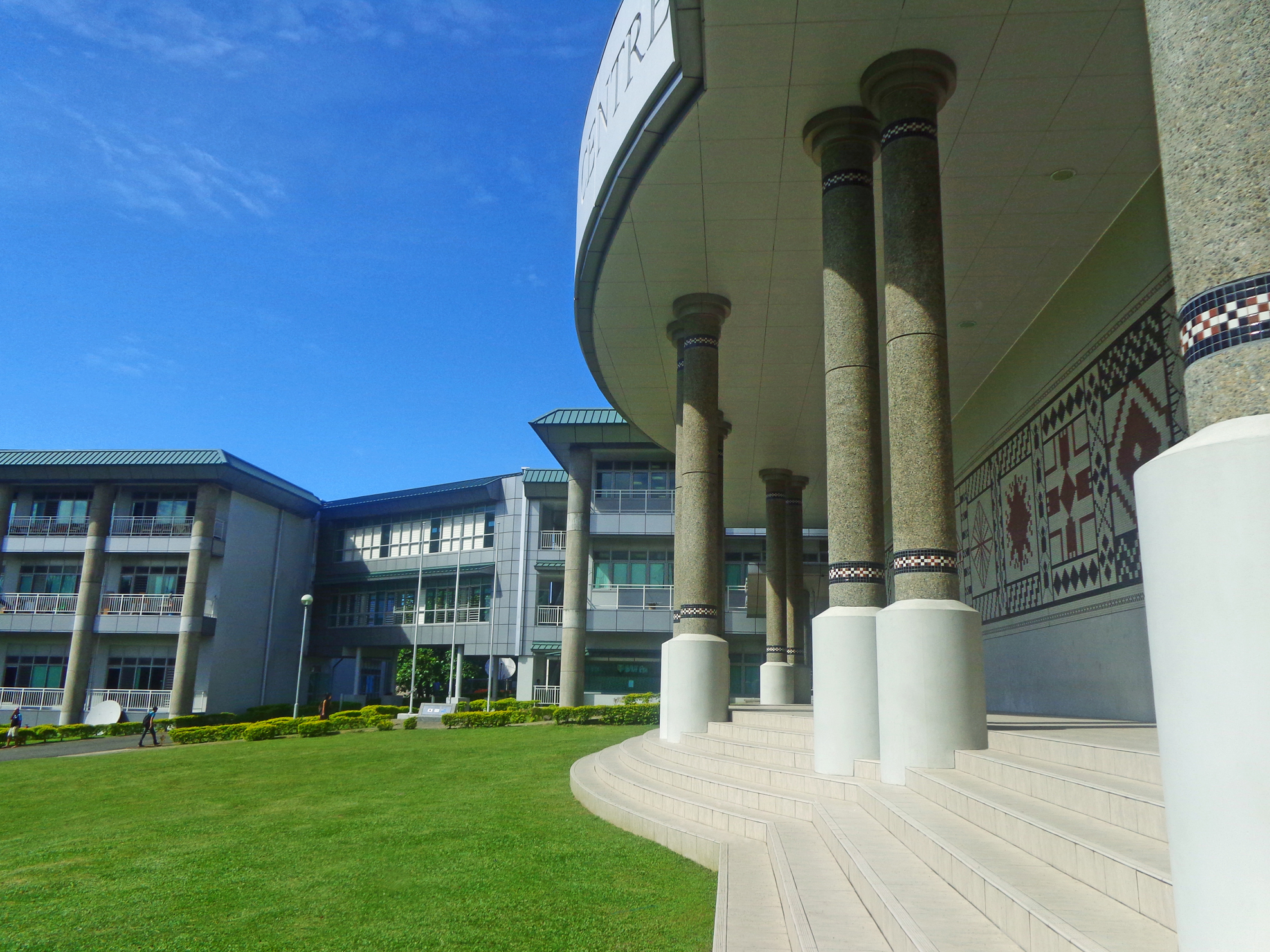Related News

Members of the Council of Regional Organisations of the Pacific (CROP), together with regional and international stakeholders, will convene next Tuesday (October 17, 2023) to discuss ‘The Pacific Resilience Journey: Are we sailing together in the right direction?’ at The University of the South Pacific’s (USP) Japan Lecture Theatre.
This comes after Pacific Islands Forum Leaders, last year, declared that the climate emergency is an existential threat to Pacific Island countries, intensifying the severity and unpredictability of natural hazards, including droughts, flooding, landslides, and cyclones.
The meeting last year also focused on disaster and climate resilience investment as essential actions that are urgently needed in the Pacific.
The high-level discussion next Tuesday is an opportunity for the Pacific to reflect on the progress made, identify areas of priorities and ensure “we are sailing together in the right direction regarding Pacific resilience efforts.”
It is a platform to explore what is working well in disaster and climate change resilience initiatives and identify areas that need scaled-up efforts and further collaboration.
The Pacific, among the most affected regions in the world, adopted the Sendai Framework for Disaster Risk Reduction in 2015, created new requirements and new opportunities in building resilience to shocks and articulated the need for improved understanding of risk in all its dimensions.
Similar efforts were recognised following the adoption of the Paris Agreement on Climate Change in 2015, which promotes a pathway towards low greenhouse gas emissions and climate-resilient development.
It was further advanced in the Pacific by adopting the Framework for Resilient Development in the Pacific (FRDP) in 2016 and, more recently, the 2050 Blue Pacific Strategy, which serves as the overarching policy guide for integrated approaches to climate and disaster resilience building.
Since the Sendai Framework and FRDP were introduced, there has been growing recognition across the Pacific that Disaster Risk Reduction and Climate Change Adaptation is everyone’s business, requiring an inclusive and multi-stakeholder approach.
The past seven years have also seen considerable investment in the development of regional and national climate and disaster-related policies and plans, which is positive, but more remains to be done in terms of implementation, the scale of financing, continued efforts to break down institutional silos at all levels and ensure risk-informed development is people-centred.
The Pacific is prone to a full range of geological, technological, and biological hazards; coupled with geographic isolation, small populations, weak infrastructure and limited economic diversification, the vulnerability of Pacific countries is exacerbated in times of disaster, as well as their ability to recover from them.
Join us tomorrow (October 17, 2023) at the USP Laucala Campus’ Japan-Pacific ICT Theatre for a high-level panel discussion to track the progress that has been made over the years and engage with some of our Pacific Leaders.
The event is jointly organised by the Government of Fiji, The University of South Pacific (USP), Pacific Community (SPC), Pacific Island Forum Secretariat (PIFS) and the United Nations for Disaster Risk Reduction (UNDRR).
It will provide a platform for talanoa between agencies, key stakeholders and Pacific youth on accelerating action and investment to ensure a thriving and resilient Pacific future.